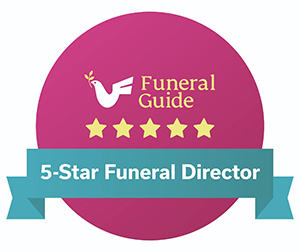- Personal representative
This is a general term which means executor or administrator. - Grant of Representation
This is a general term which includes grants of probate and grants of letters of administration
If the person who has died leaves a will
In this instance, one or more ‘executors’ may be named in the will to deal with the person’s affairs after their death. The executor applies for a ‘grant of probate’ from a section of the court known as the probate registry. The grant is a legal document which confirms that the executor has the authority to deal with the deceased per- son’s assets (property, money and possessions). They can use it to show they have the right to access funds, sort out finances, and collect and share the deceased person’s assets as set out in the will.
If the person who has died didn’t leave a will
If there is no will, a close relative of the deceased can apply to the probate registry to deal with the estate. In this case, they apply for a ‘grant of letters of administration’. If the grant is given, they are known as ‘administrators’ of the estate. Like the grant of probate, the grant of letters of administration is a legal document which confirms the administrator’s authority to deal with the deceased person’s assets. In some cases, for example, where the person who benefits is a child, the law states that more than one person must act as the administrator.
When a grant is needed
A grant is almost always needed when the person who dies leaves one or more of the following:
- Stocks or shares
- Certain types of Insurance Policies
- Property or land
In most cases, the bank or relevant institution must see the grant before transferring control of the assets. However, if the estate is small, some organisations, such as insurance companies and building societies, may release money to you at their discretion.
A grant of representation may not be needed where:
- The estate of the person who died is worth less than £5,000
- They owned everything jointly with someone else, and everything passes
automatically to the surviving joint owner, such as a spouse.






